Removals Training Courses
Forklift Training for Removals
NKS Training Solutions offers forklift and handling equipment courses to meet industry best practice. We work with leading associations to maintain high standards, along with the education of safety awareness at all times.
The employer has a legal responsibility to make sure all staff that operate machinery are authorised, qualified, trained and tested by an accredited instructor. Also, employees have a responsibility not to operate machinery unless they have been trained on the various machines provided.
Our courses are all accredited by the RTITB, along with our instructor and are regularly audited and monitored to ensure our training meets the standards.
These courses can also be offered as in-house training as well.
Refresher training is recommended between 3 and 5 years.
NKS Training Solutions does more than basic training. We train in the customers real world on their sites and with real loads.
Who are the courses for:
Novices
Suitable for persons who have no previous experience or have never operated for a long time.
Experience
It is anticipated that persons attending this course will have had some previous experience (maybe self taught but with no certificate or certificate has expired many years ago) but are familiar with the characteristics of the machine.
Conversion
You will currently hold a certificate for a type of truck and will convert that knowledge into learning and operating a different selected machine with different characteristics. You must have proof of previous training.
Refresher
This is suitable for person/s who currently or recently hold an expired certificate. You will have used this type of machine before and will refresh the certificate along with having a good knowledge of PUWER and LOLER.
Assessments
Is the operator up to standard?
Assessment carried out, with comments on whether further training is required. Written feedback documentation completed after assessment of findings and further recommendations.
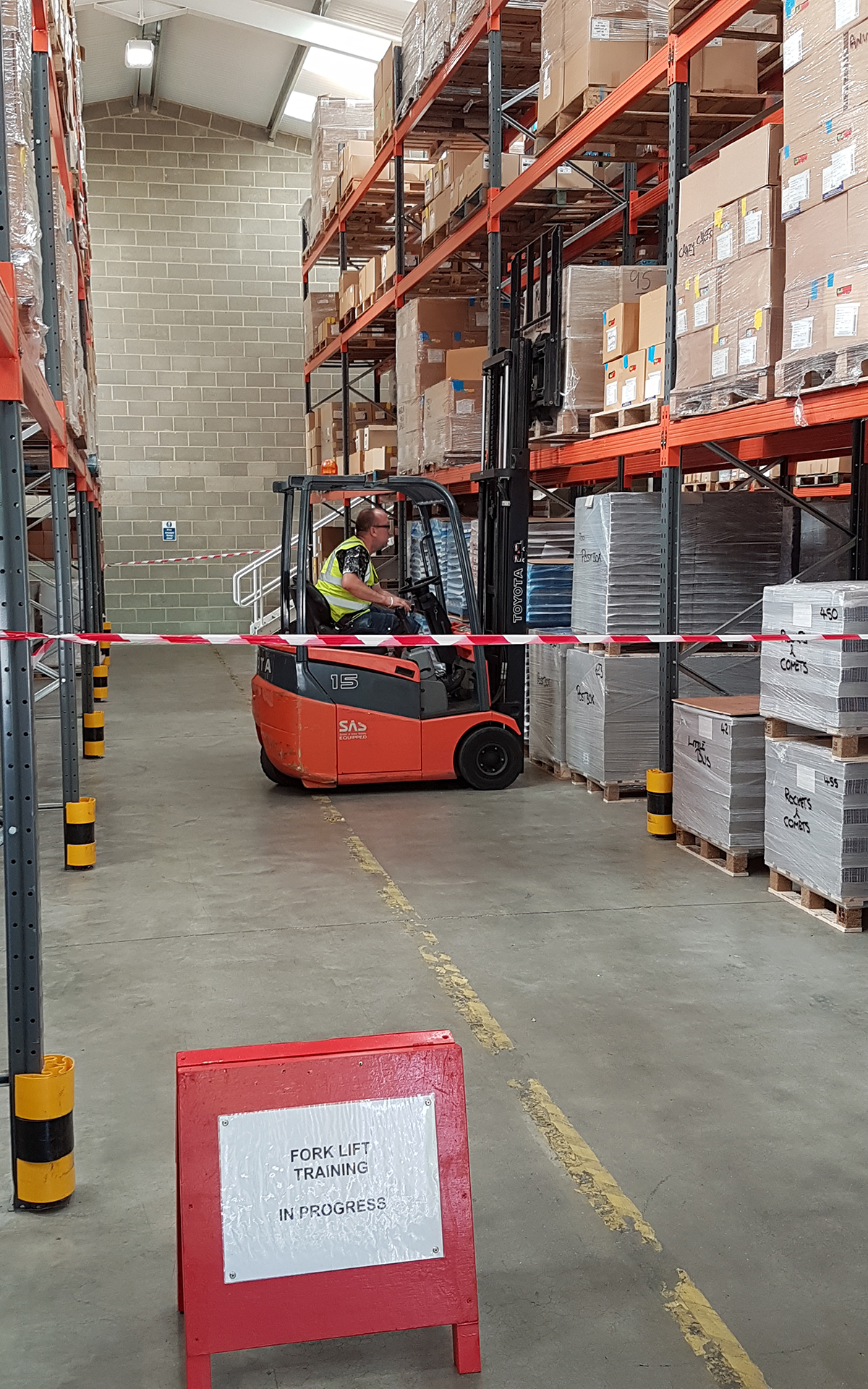
Counterbalance
The counterbalance forklift is the most common type and will be seen in numerous workplaces. Its characteristics are what make it more dangerous to operate. As its name states, counterbalance operates with a counterweight at the rear which offsets the load at the front, when lifted.
The correct training, which can be arranged on your site (training in the real world and not just training environment), gives delegates better knowledge of the site/workplace/working environment. They can assess obstacles, hazards, site rules and regulations at their own workplace, allowing them to reduce accidents.
This is a 3-part test, pre-inspection, theory & practical test (theory 80% pass mark).
We are able to train up to 5 tonne trucks.
Training can be on either, gas/diesel or electric forklifts.
For more information or to book please call us on 01842 845127.
Reach Truck
Reach trucks require numerous movements and manoeuvring, often in a confined area. Along with space and very efficient operation in high racking warehouses, they have the capabilities of stacking household storage containers, up to 6 containers high.
Some reach trucks now go over 13 metres (over 42ft high). Some models can be used outside, although many companies use these for indoor work.
When picking up a load, the reach truck moves its mast forward until the forks are fully extended at the front of the truck. This is known as a reach – fully extended. The load is then pulled back, returning between the front wheels/axles for safe transportation and maintaining stability.
This is a 3-part test, pre-inspection, theory & practical test (theory 80% pass mark).
For more information or to book please call us on 01842 845127.
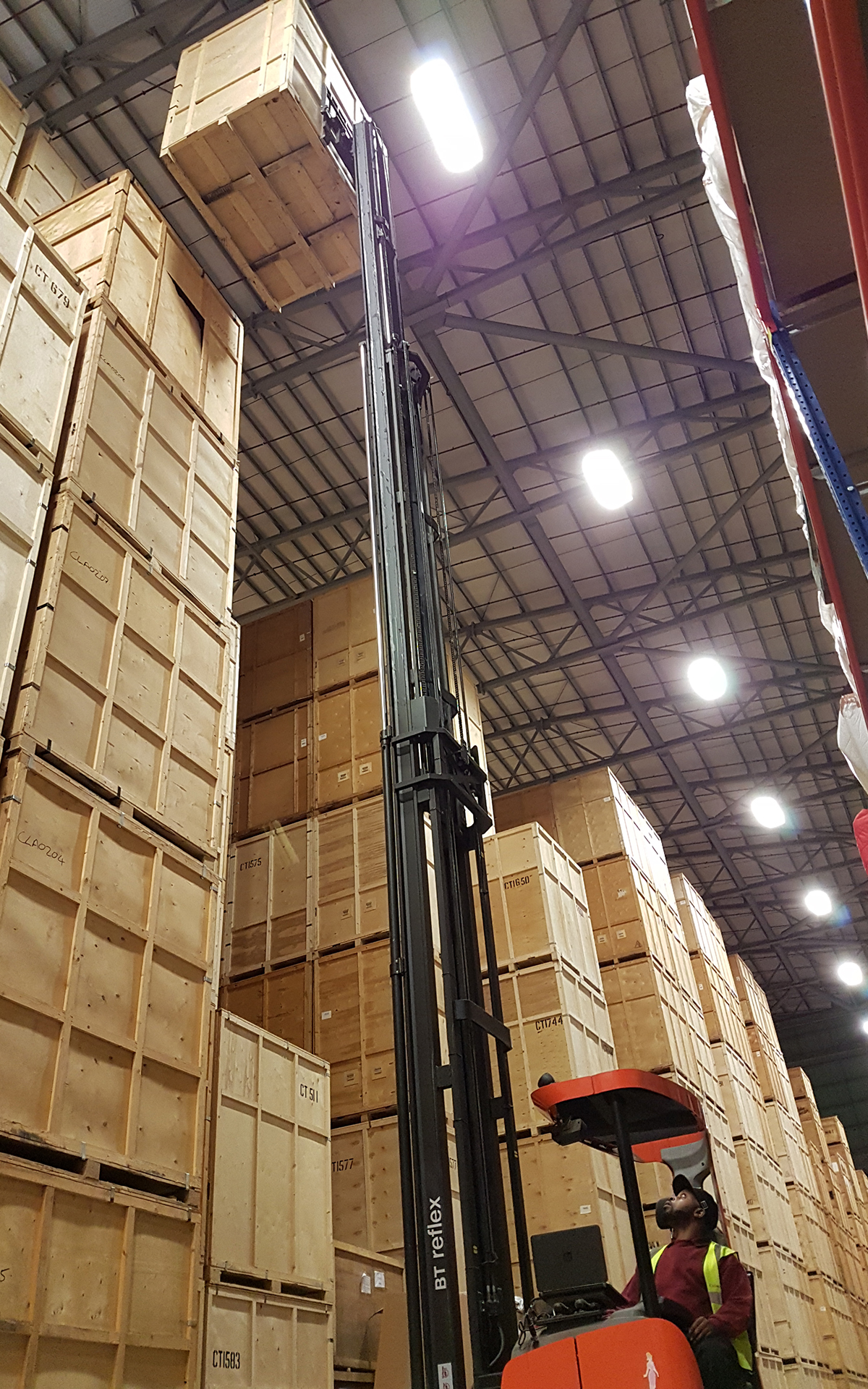
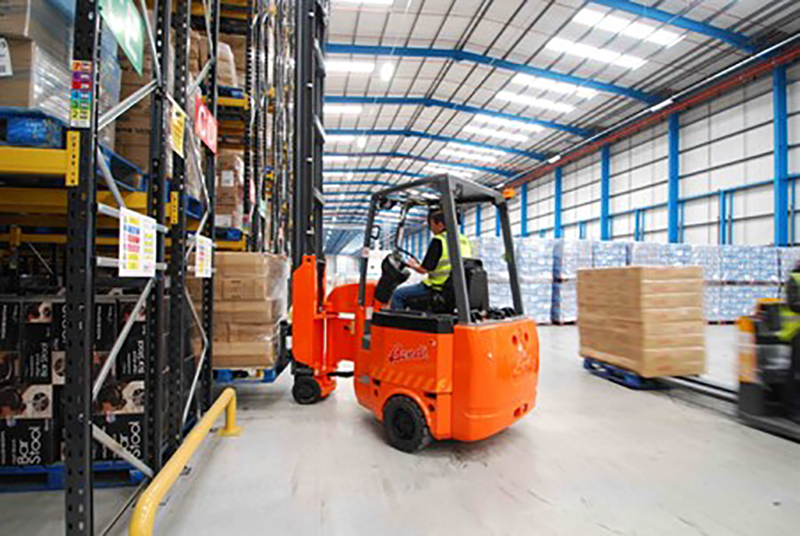
Pivot Steer (Bendi truck)
The pivot steer, often referred to as a bendi or articulated truck, is designed to work in a very narrow aisles because of its mast, which allows the forks to turn at 90o angle either side of the racking, giving real flexibility. These trucks can work and load vehicles outside as well, where ground surface is uneven. They can work in aisles as narrow as 1.6m, going up to 12 metres and above.
Getting the most out of any truck is important, but how the driver has been trained to operate the truck, using his skills and knowledge, and making the workplace a safe and secure environment to work in, whilst protecting fellow colleagues, should be a priority.
Some people who have been trained at NKS Training Solutions state it looks technical to operate because of its articulation (bendi), but after a short period of training and guidance the trainees find they are easier to drive than more conventional trucks. It is the training we provide that gives the correct operator skills, technical operations and the knowledge to operate and appreciate these trucks.
For more information or to book please call us on 01842 845127.
PPT – Pedestrian Pallet Truck Training – Up to 300mm
Many people think that training is not required for these trucks – think again.
Once you can operate these it is just like riding a bike! When you know the correct and safe way to operate them in the workplace, you can then maintain a safe working environment for everyone.
These machines are not like the manual pallet truck, which involves pushing/pulling (though manual handling itself), as they have motors which do the manual work for you. This saves physical manual handling operations, saving time and reducing possible injury to staff.
These trucks vary for your operational purposes, they come with a folding platform a) to stand on or b) folded up to walk alongside, or a seated position. Either of these are ideal for transporting goods over a medium distance.
These are also called a pallet jack, alongside a PPT = Pedestrian Pallet Truck, which acts as a basic form of Forklift Truck to manoeuvre pallets around warehouse and even loading goods directly onto vehicles and trailers.
Anyone working with these machines must be adequately trained and hold a certificate to operate these machines in their workplace.
These courses can also be provided as in-house training.
For more information or to book please call us on 01842 845127.
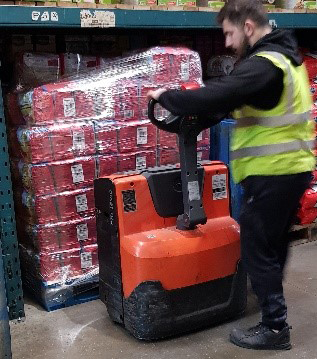
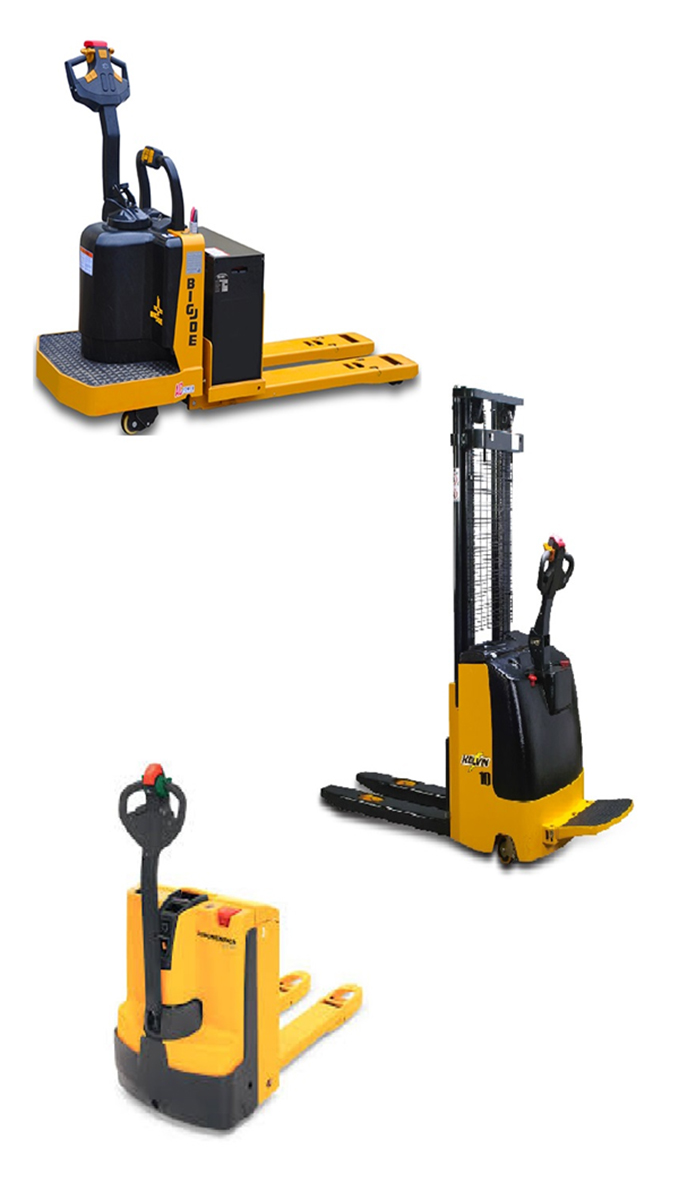
Electric Pallet/Stacker Forklift (high level)
Electric pallet stackers are commonly known as walkie or pedestrian stackers, which provide lifting and controlled transport of pallets and other goods in warehouses.
All types of warehouses have a need to move heavy pallets and containers with speed and efficiency. This fully electric pallet stacker provides the ideal solution for this, while still allowing for stability when placing the items on racking.
These are used in racking and storage systems in the warehouse and factories in narrow isles a) where either counterbalance or reach truck cannot get into, b) or they can be used in transporting goods from racking to the loading area, with some stackers reaching 4180mm high, whilst maintaining their versatility, strength, and stability.
Most of these machines have a load capacity of up to 2000kgs.
For more information or to book please call us on 01842 845127.
Manual Pallet Truck – Low Level
Manual pallet trucks – low level (also known as a jack) are commonly seen in retail/warehousing and transport operations either in a warehouse or carried on a vehicle for collections and deliveries to assist the driver.
The use of these trucks saves the staff a lot of time, effort and eliminates manual handling, lifting and carrying. Goods can be manoeuvred over a greater distance safely.
However, pushing/pulling is still involved which can cause over exertion. The Manual Handling Operations Regulations define it as ‘any transporting or supporting of a load (including the lifting, putting down, pushing, pulling, carrying, or moving thereof) by hand or by bodily force’. In effect, any activity that requires an individual to lift, move or support a load, will be classified as a manual handling task.
But knowing the correct use and various techniques of this equipment through correct training, will dramatically reduce over exertion, along with reducing injuries (i.e., toes, feet, and lower limbs).
Many employers are unaware that staff operating these trucks must still be trained and tested to protect themselves and the operator.
This course is for trucks that lift up to 300mm and are exempt from LOLER regulations.
For more information or to book please call us on 01842 845127.
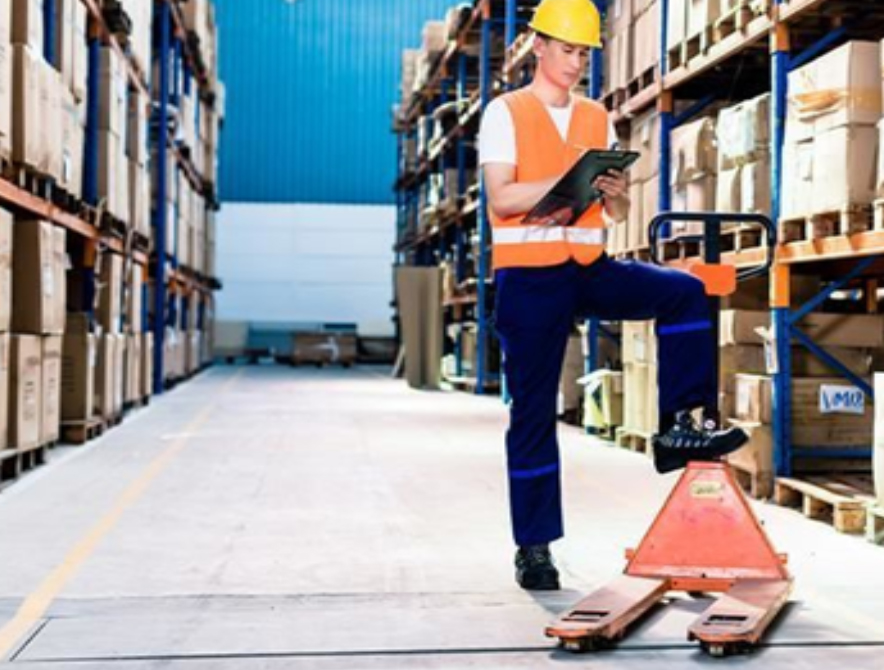
Certification and Accreditation

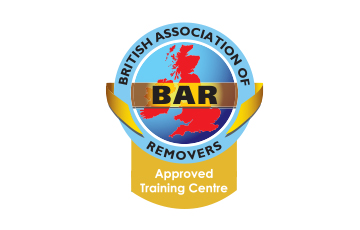
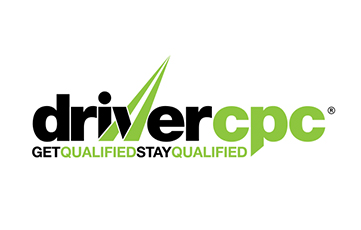


Certification and Accreditation

